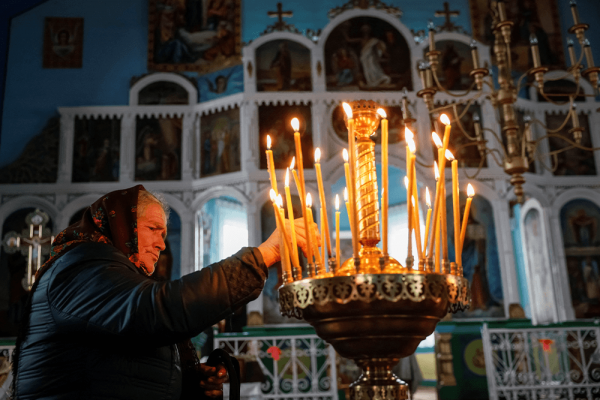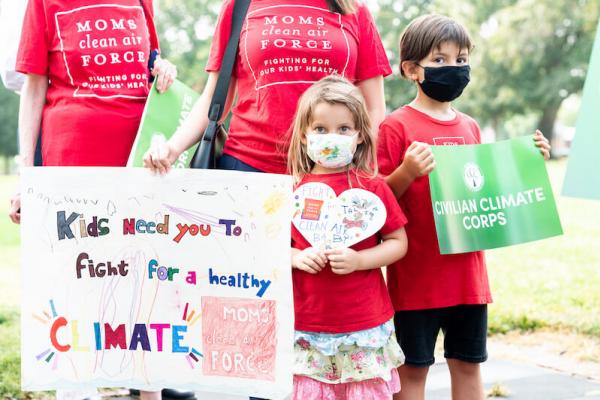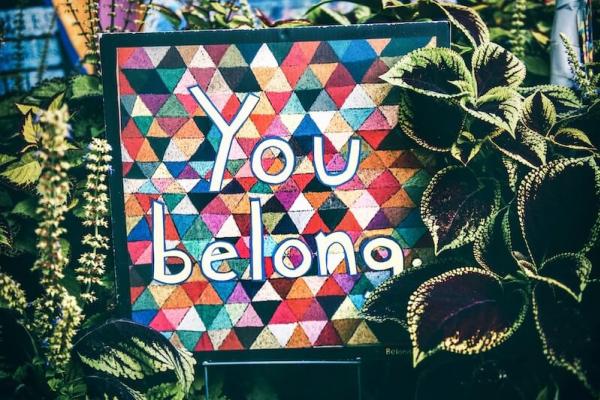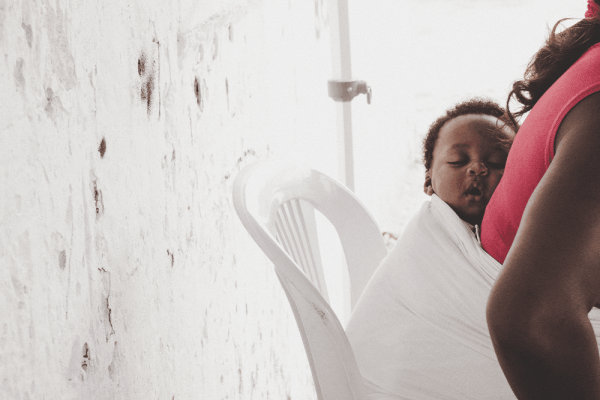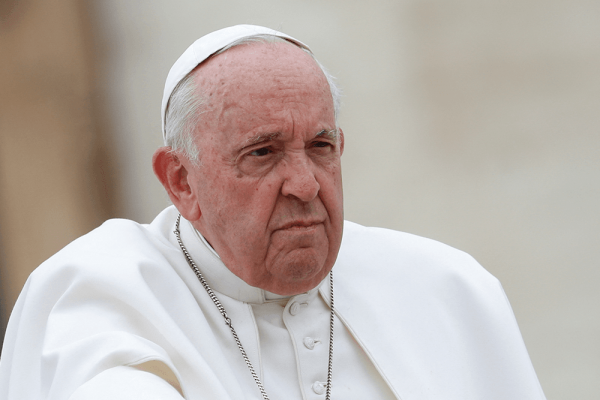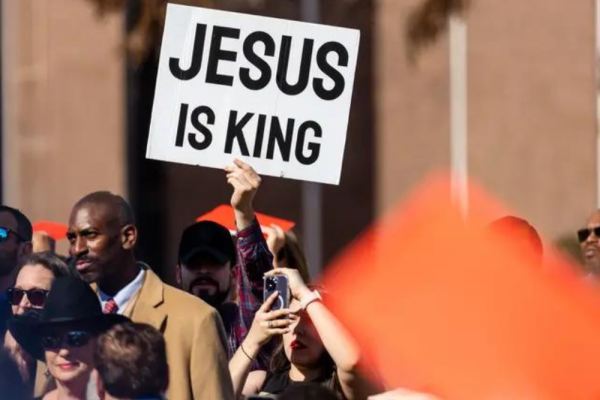As a crowd gathered outside the white-brick Orthodox church in the village of Karyshkiv in western Ukraine, raised voices quickly turned to shouting. Soon old women were crying. The villagers were quarrelling over the affiliation of their parish church, which belonged to the Ukrainian Orthodox Church (UOC) that the government in Kyiv accuses of being under the influence of Moscow.
As a mother and teacher, I spent one year researching 50 women — one from each state in the country — who are working toward climate justice. I documented these stories in the book Love Your Mother: 50 States, 50 Stories, and 50 Women United for Climate Justice. What I found in the South were role models on the frontlines of the climate crisis: From the hurricane zone of the Gulf Coast to the urban center of Atlanta, I discovered women who knew how to use their wit, intelligence, faith, and family to fight for their connection to home and the health of those they love.
Unlike many possession stories, The Evil Dead franchise envisions a world without hope of exorcism. The unique version of evil in this franchise calls to mind the cruelty of empires old and new.
Adoption allows us to bring near to us those who hold in themselves the kingdom of God (Luke 18:16). By invoking the language of “sacramental” here, I am naming the ongoing dialectic between the ordinary and the theological. As a sacramental practice, earthly adoption does not hold the same consequences or eternal import as our salvific adoption in Christ. However, these two realities can speak into one another. This is what a life marked by the sacramental looks like: finding spaces where the ordinary, mundane things of life are instilled with a greater sacred significance of liberation and love; and, in return, point us to divine realities that we are invited to participate in.
The Bible is unequivocal that we are to “honor” and even “revere” our mothers (Exodus 20:12 and Leviticus 19:3). While it’s a commitment that needs more attention than one Sunday each year, Mother’s Day provides a special day in which we should go out of our way to honor our mothers with words and acts of gratitude and love.
Sexual abusers are disgusting “enemies” who deserve to be condemned and punished — but also deserve Christian love and pastoral care because they too are children of God, Pope Francis said.
On Mother’s Day in many congregations across the U.S., churches will hand out flowers, host breakfast and tea, or offer applause for women in attendance. While the goal is to honor women and mothers, Elizabeth Hagan, a minister at Georgia’s First Christian Church Athens and author of Birthed: Finding Grace Through Infertility, told Sojourners that the celebrations can cause discomfort, pain, or even disillusionment for many in the pews.
Already this legislative session, the Texas Senate has approved bills that would require the Ten Commandments to be posted in all public school classrooms and allow unlicensed religious chaplains to supplant the role of school counselors. Meanwhile, there are numerous efforts to eliminate or weaken two state constitutional amendments that prohibit direct state support of religious schools and organizations, a key plank of the broader school-choice movement.
In a ceremony that CNN describes as “a symbolic coming together of the monarchy, church, and state for a religious ritual,” King Charles III will vow to uphold the law and the Church of England. Justin Welby, the Archbishop of Canterbury and leader of the global Anglican Communion, will then anoint Charles with oil and place a heavy crown on his head. The crowds surrounding Westminster Abbey will chant, “God save the king.”
Can blowing up a pipeline be a form of nonviolent protest? Director Daniel Goldhaber’s new film, How to Blow Up a Pipeline, makes a strong case in the affirmative — even if the activists at its center could care less about being called “terrorists” by the American empire.
